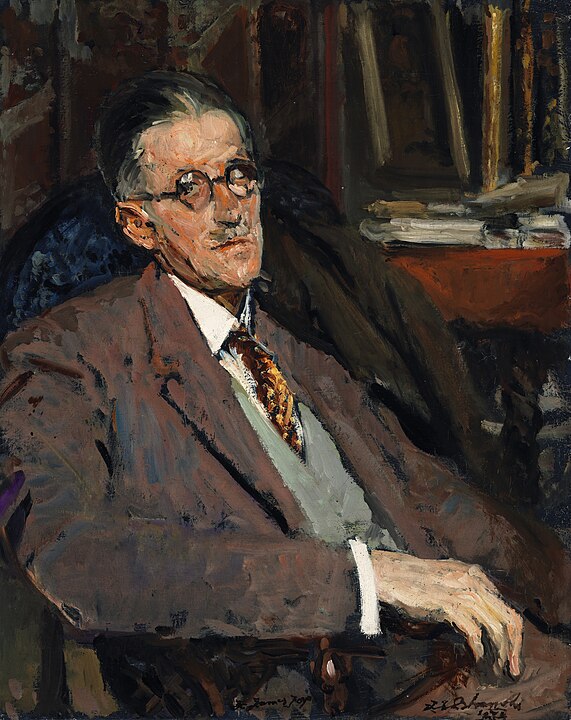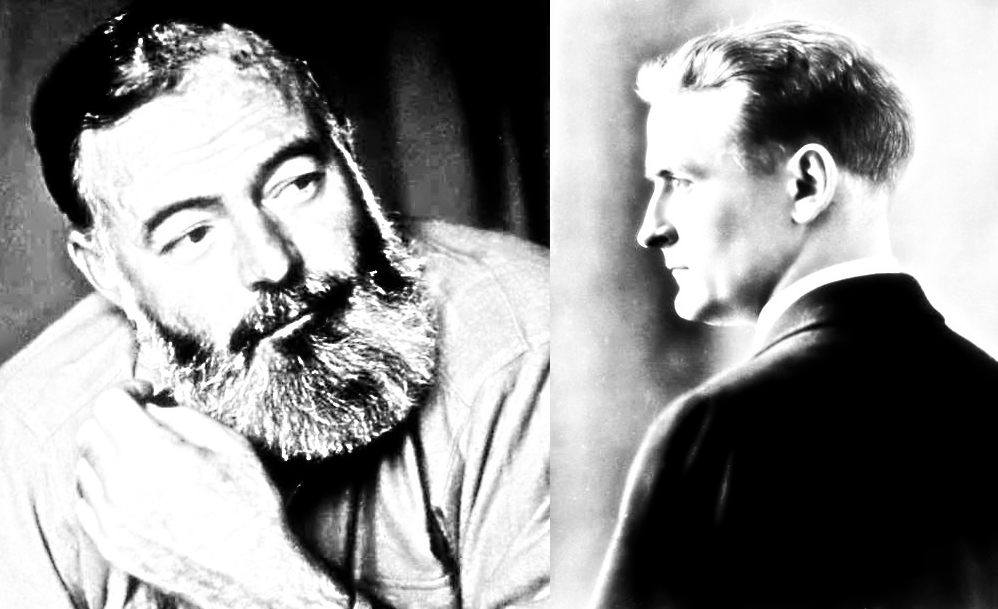Spirituality is a blanket statement for one’s faith in practice, whether you go to church or stay at home and meditate. Or if you just drive to work and feel the world around you in quiet contemplation. Spiritualism, in other words, isn’t just any one thing in particular.
For me, spiritualism is my ability to learn and to feel in the moment. It is the culmination of all of my life experiences and how I see the world around me: what I’ve learned, what I’ve failed at, what I’ve succeeded at as a human being.
I think about spiritualism a lot. For example, in the quiet times when driving or in the dead of night when everybody is asleep, I begin to think about my life in more abstract ways. What are my challenges as not just a human, but as a husband? A father? When it is all said and done–life–and I have precious few hours yet to live, who will be around? Why?
But such questions are not in existence, they are only bubbling around in our heads as impermanent objects of fanciful creativity.
As Andre and Wally discuss in My Dinner with Andre (1981):
Andre: Our minds are just focused on these goals and plans, which in themselves are not reality.
Wally: Goals and plans are not… they’re fantasy. They’re part of a dream-life.
Czesław Miłosz states in “A Song on the End of the World” that the mundane end of our lives will always come without warning. Not with a bang, but a whimper.
Milosz states that “Vegetable peddlers shout in the street / And a yellow-sailed boat comes nearer the island, / The voice of a violin lasts in the air / And leads into a starry night.” Everything is normal. Life is at its most basic, simply happening. There is no great explosion of violence, no Second Coming, just an ending. He further tells us: “No other end of the world will there be, / No other end of the world will there be.”
But I still find myself talking to the ghost of somebody somewhere. I know for some this means to speak to a higher power, but it could also be simply addressing the questions being asked from the void. Is there a person listening? Of course, the cynic in me says no, but often I just have to think or talk to another person in the room, even though it’s just me and my brain.
Loneliness isn’t meant to be endured.
“Below me young lovers / Tread the sweet ground– ” states Langston Hughes in his poem “God.” “But I am God / I cannot come down. / … Love is life only! / Better to be human / Than God–and lonely.”
Yet, through contemplation we are not alone–even if we strive for our spiritual awakenings–through God or meditation or understanding our own realities with more clarity and purpose. Nevertheless, our own time grows thin–always–and we have no choice but to think of the End, and our roles in our own spiritualism and how our spiritual understandings have helped shape our own person.
Poet Shel Silverstein writes in “The Clock Man” that time is afforded to the young and only realized when we are old.
In the poem, a “Clock Man” speaks to a child throughout their life, asking the same question: “‘How much will you pay for an extra day?’” The child, naïve and full of vigor, responds: “‘Not one penny,’ the answer came, / For my days are as many as smiles.’” Later, the Clock Man asks the child (who is now an old man) the same question and the child responds: “All of the pearls in all of the seas, / And all of the stars in the sky.”
Spiritualism grows through time because we better understand all meaning as we get older. Connotations, denotations, and signifieds run together in far more academic and understandable ways. We can separate ourselves from our prejudices and fears and view the world through a lens that is only given through a healthy understanding of our own intangible spirit.
One of my favorite poems ever is “Jet” by Tony Hoagland. In it he writes about his youth and spending time imbibing in the libations of life, both literal and figurative.
“Sometimes I wish I were still out / on the back porch, drinking jet fuel / with the boys, getting louder and louder” Hoagland writes. “… We gaze into the night as if remembering the bright unbroken planet / we once came from, / to which we will never / be permitted to return. / We are amazed how hurt we are. / We would give anything for what we have.”
In other words, wisdom is spiritualism. It guides us through life with its own sort of lessons that can only be worked out through trial and error. And yet we feel each of these missteps and mistakes deep within our very being, our spirit.
The cacophony of life is often intelligible. It’s unforgiving. It’s unjust. It cripples and maims us at every turn and still expects us to pay homage. And while all of this is unfair, we certainly can pay tribute to our own mediations and spiritualism. We can take our own contemplations and move on. Whether that be through God or our own understanding of ourselves and our spirit however imperceptible. With such revelations, we can shuffle off this mortal coil and slip into the quiet hands of death as we pour our thoughts and souls into the night.
Works Cited
Hughes, Langston. “God.” Poetry. Oct. 1931. Web. https://www.poetryfoundation.org/poetrymagazine/poems/55313/god-56d236c65624c
Hoagland, Tony. “Jet.” American Poets. Web. https://www.americanpoems.com/poets/tony-hoagland/jet/
Milosz, Czeslaw. “A Song on the End of the World.” Poets.org. 2006. Web. https://poets.org/poem/song-end-world
Silverstein, Shel. “The Clock Man.” Commonlit. 2011. Web. https://www.commonlit.org/en/texts/the-clock-man








Leave a Reply